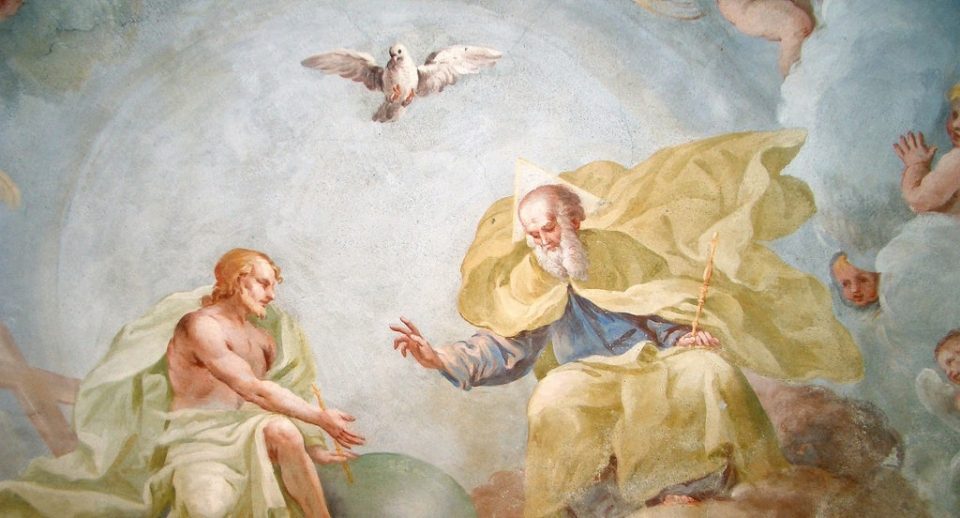A short guide to the Holy Trinity

If you are challenged to explain the Trinity, consider this. From all eternity, before creation and material time, God desired a communion of love. He therefore expressed himself in a perfect Word. The Word that God spoke beyond and outside of time was and remains His perfect expression of himself, containing all that God is, perfectly possessing every characteristic of the speaker: omniscience, omnipotence, truth, beauty and personality. So, from all eternity, there was always, in perfect unity, the God who spoke and the Word that was said, the true God with and from the true God, the Beginner and the Beginning, the distinguished Father and the distinguished Son who had the same indivisible divine nature.
It has never been like this. Eternally these two people contemplate each other. Hence, they knew each other and loved each other in such a way that each offered the other a perfect gift of self-giving. This mutual self-giving of these perfect and distinct divine Persons, containing all that each is, is necessarily perfectly given and perfectly received. Therefore, the Gift between Father and Son also contains everything that everyone has: omniscience, omnipotence, truth, beauty and personality. Consequently, from all eternity there are three divine Persons who have an indivisible divine nature, God the Father, God the Son, and the perfect mutual self-giving of love between them, God the Holy Spirit.
This is the fundamental saving doctrine which we believe as Christians and which we celebrate on Trinity Sunday. At the center of everything else in which we believe and hope, we will find this mysterious doctrine of the divine relationship, the Triune God: the One and Three God in whose image and likeness we are made.
The communion of people in the Trinity is written in our beings as images of God. Our relationships with others should reflect the communion for which we were created in God's plan of love.
Speaking of harmony with this fundamental mystery of our faith and identity, St. Hilary of Poitiers (m 368) prayed: "Please keep this pristine faith that is in me and untouched, until my last breath, and grant me this too voice of my conscience, so that I will always be faithful to what I professed in my regeneration when I was baptized in the name of the Father, the Son and the Holy Spirit "(De trinitate 12, 57).
We must fight gracefully and fat on the elbows to give glory to the Trinity in everything we do, think and say.